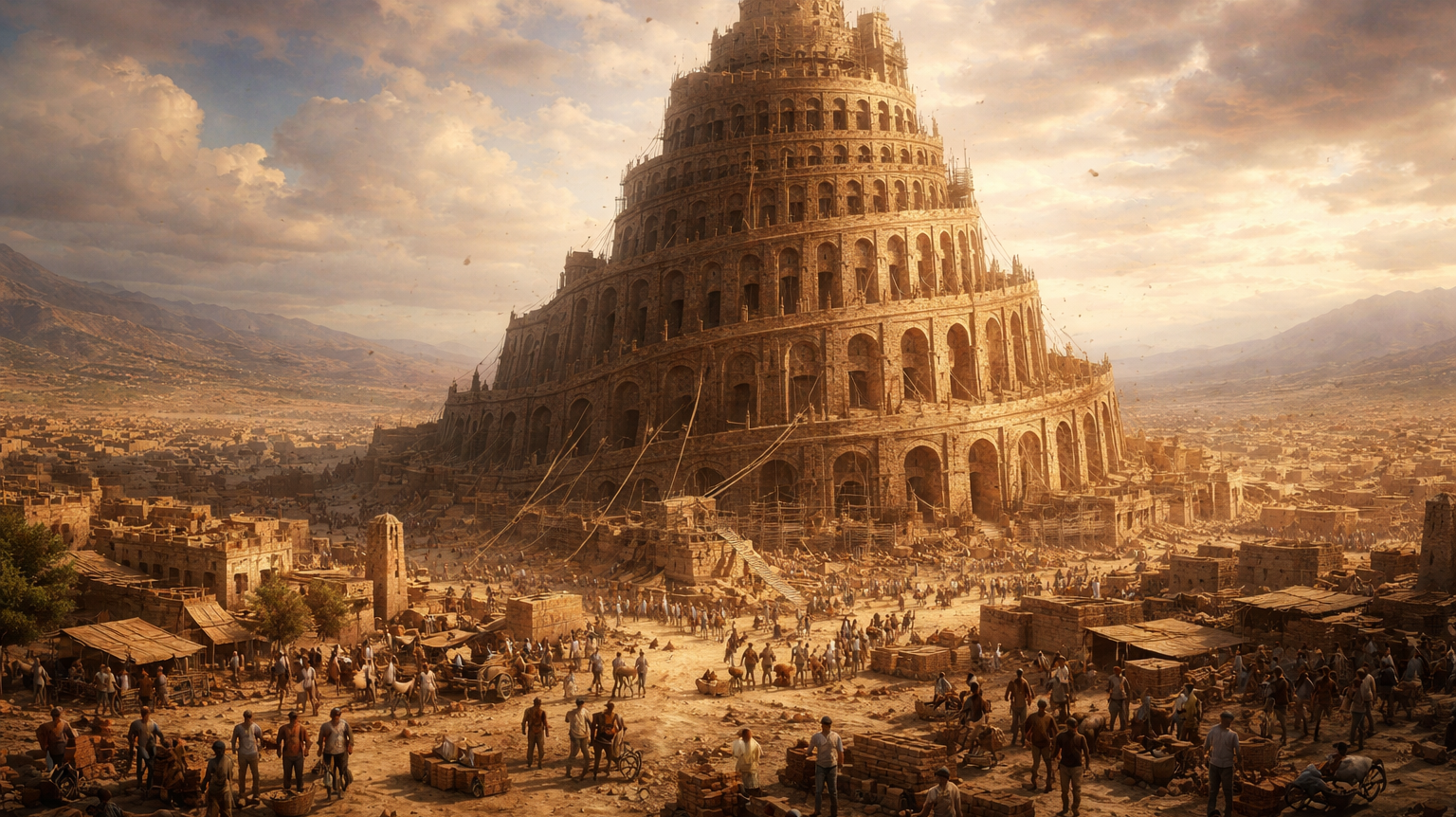The Book of Lamentations is a powerful collection of poetic laments mourning the destruction of Jerusalem in 586 B.C. Traditionally, the prophet Jeremiah is believed to have authored it, though the book itself does not name him directly. Its verses capture sorrow, repentance, and the hope that God’s mercies never fail.
1. It Is a Book of Poetry
Lamentations is written as Hebrew poetry, using vivid imagery and emotion to describe suffering. The city of Jerusalem is often personified as a grieving widow.
How deserted lies the city, once so full of people! How like a widow is she, who once was great among the nations!
— Lamentations 1:1
2. Written After Jerusalem’s Fall
The book reflects on the destruction of Jerusalem by Babylon in 586 B.C. The writer mourns the broken walls, burned temple, and suffering of the people.
The Lord has brought her grief because of her many sins. Her children have gone into exile, captive before the foe.
— Lamentations 1:5
The Lord has rejected his altar and abandoned his sanctuary. He has given the walls of her palaces into the hands of the enemy.
— Lamentations 2:7
3. It Consists of Five Poems
The book has five distinct chapters, each one a separate lament.
How the Lord has covered Daughter Zion with the cloud of his anger! He has hurled down the splendor of Israel from heaven to earth.
— Lamentations 2:1
How the gold has lost its luster, the fine gold become dull! The sacred gems are scattered at every street corner.
— Lamentations 4:1
4. Chapters 1–4 Are Acrostic Poems
Each verse begins with successive letters of the Hebrew alphabet. This structured style brings order to sorrow, covering grief from A to Z.
I am the man who has seen affliction by the rod of the Lord’s wrath.
— Lamentations 3:1
5. It Expresses Both Sorrow and Hope
While the tone is heavy, Lamentations also contains some of the most hopeful verses in the Bible.
Because of the Lord’s great love we are not consumed, for his compassions never fail. They are new every morning; great is your faithfulness.
— Lamentations 3:22–23
The Lord is good to those whose hope is in him, to the one who seeks him.
— Lamentations 3:25
6. God’s Justice Is Acknowledged
The suffering is not blamed on chance. Instead, the writer admits it is the result of sin and God’s righteous judgment.
The Lord is righteous, yet I rebelled against his command.
— Lamentations 1:18
The Lord is like an enemy; he has swallowed up Israel. He has swallowed up all her palaces and destroyed her strongholds.
— Lamentations 2:5
7. It Was Likely Used in Worship
Jewish tradition associates Lamentations with the ninth day of the month of Av (Tisha B’Av), a day of fasting to remember the destruction of the Temple.
Joy is gone from our hearts; our dancing has turned to mourning. The crown has fallen from our head. Woe to us, for we have sinned!
— Lamentations 5:15–16
8. Jeremiah Is the Traditional Author
Though unnamed, Jewish and Christian tradition links the book to Jeremiah, who witnessed Jerusalem’s destruction. His deep sorrow in Jeremiah aligns with the laments here.
For the brokenness of the daughter of my people I am broken; I mourn, dismay has taken hold on me.
— Jeremiah 8:21
Oh, that my head were a spring of water and my eyes a fountain of tears! I would weep day and night for the slain of my people.
— Jeremiah 9:1
9. It Serves as a Reminder of God’s Discipline
The book teaches that sin has consequences, and God disciplines His people to turn them back to Him.
Why should the living complain when punished for their sins?
— Lamentations 3:39
You have covered yourself with anger and pursued us; you have slain without pity.
— Lamentations 3:43
10. It Points to God’s Unfailing Mercy
Even in despair, the book highlights God’s faithfulness and calls people to return to Him.
Let us examine our ways and test them, and let us return to the Lord.
— Lamentations 3:40
Restore us to yourself, Lord, that we may return; renew our days as of old.
— Lamentations 5:21
Summary Table
| Fact # | Key Point | Supporting Verses |
|---|---|---|
| 1 | Hebrew poetry with imagery | Lamentations 1:1 |
| 2 | Written after Jerusalem’s fall | Lamentations 1:5, 2:7 |
| 3 | Five poems total | Lamentations 2:1, 4:1 |
| 4 | Chapters 1–4 are acrostics | Lamentations 3:1 |
| 5 | Mix of sorrow and hope | Lamentations 3:22–23, 3:25 |
| 6 | God’s justice acknowledged | Lamentations 1:18, 2:5 |
| 7 | Used in worship (Tisha B’Av) | Lamentations 5:15–16 |
| 8 | Traditionally Jeremiah’s work | Jeremiah 8:21, 9:1 |
| 9 | Reminder of God’s discipline | Lamentations 3:39, 3:43 |
| 10 | Points to God’s mercy | Lamentations 3:40, 5:21 |
























